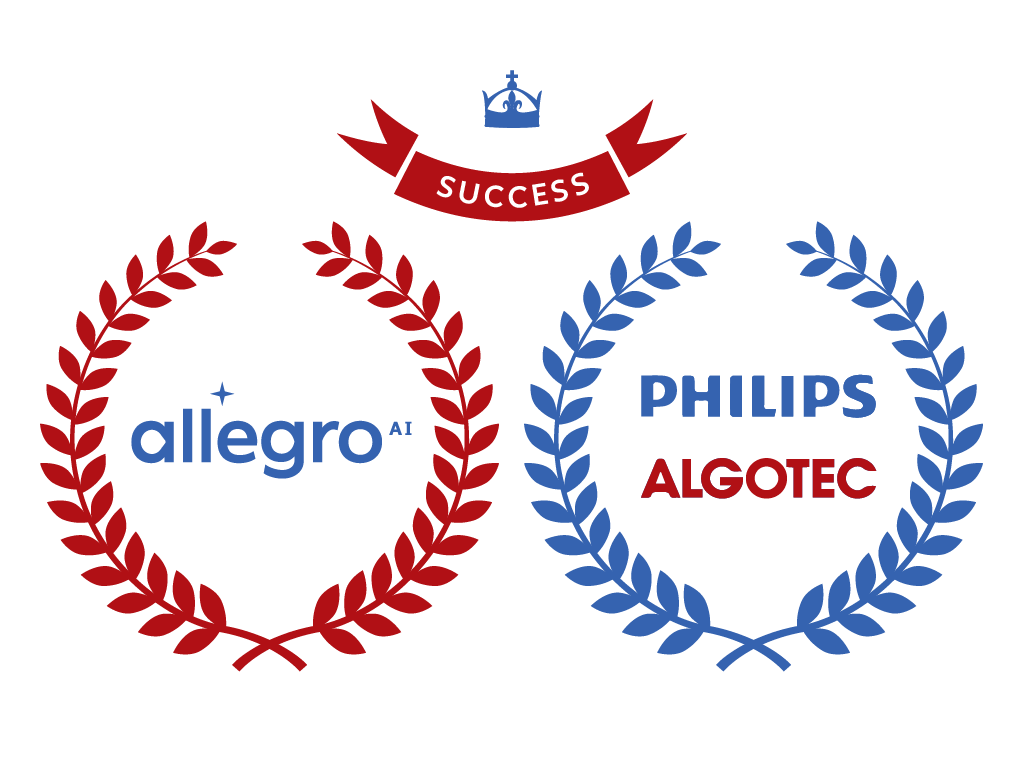Philips – Algotec: Overcoming Corona-Induced Lockdowns with Allegro Trains
As companies in the AI space move their data scientists quickly to home office environments (or, for some, to the more challenging dining room table!), the effectiveness of the software at their disposal takes on entirely new degrees of importance. When these existing tools don’t enable the team to function the way they are used to, their collaboration, productivity, and day-to-day progress quickly suffer.
One of our customers, Philips-Algotec (a subsidiary of Philips), has found that the very same workflow and data sharing capabilities in Allegro AI’s platform they so valued when first implemented it in the office, are even more “front and center” now. Guy Engelhard, Algorithms Group Manager at Philips-Algotec, explained it to us like this:
“Working with Allegro, we felt absolutely no difference when we moved from the office to our homes. For instance, a serious benefit of having Allegro Trains manage our experimentation is that we get a new, valuable overview of what everyone is doing. From a management perspective, this is invaluable, but it also helps colleagues who can collaborate as easily as when in the office. Our experiment data, models and hyperparameters are accessible, manageable and as flexible as always, despite the fact that we are geographically scattered and no longer see each other to communicate naturally as we always have.”
The Philips team benefits from features that range from automatic documentation of experiments for sharing and archiving, to standardization of data, to promoting ease of collaboration through consistent notation, to visualization tools to quickly highlight the results of parallel experiments and their underlying data, and more.
Philips is one of many customers from whom we’ve been delighted to hear that our Allegro Enterprise solution – based on the Allegro Trains open-source experiment management platform – simply maintains the efficiency they had become accustomed to in the office.
Allegro Trains offers a long list of helpful features when used in a standard (let’s call it “February 2020”) office environment, and has streamlined the workflow for AI development and product teams around the world. But aside from time-saving technical tools for actually managing data, experiments, models, hyperparameters and more, there is a fundamental benefit that is just as essential:
Transparency and Standardization
Allegro Trains’ approach to these provides teams and team leaders a way to actively, continuously and accurately gauge progress and understand the obstacles and challenges the team is grappling with.
The new reality makes it clear: When in the same place, a typical day may be riddled with conversations formal and informal, meetings long and short. But in our new “geographically challenged” world, team members and team leaders don’t have this casual, flexible access. Despite the theoretical ability to use video conferencing all day long, it’s not going to happen in an equivalent manner, and the teamwork dynamic – and productivity – will pay the price.
Oh, and before we sign off … our Head of Deep Learning Research, Dan Malowany, has created his own list of additional tips and tools for working from home, here.
